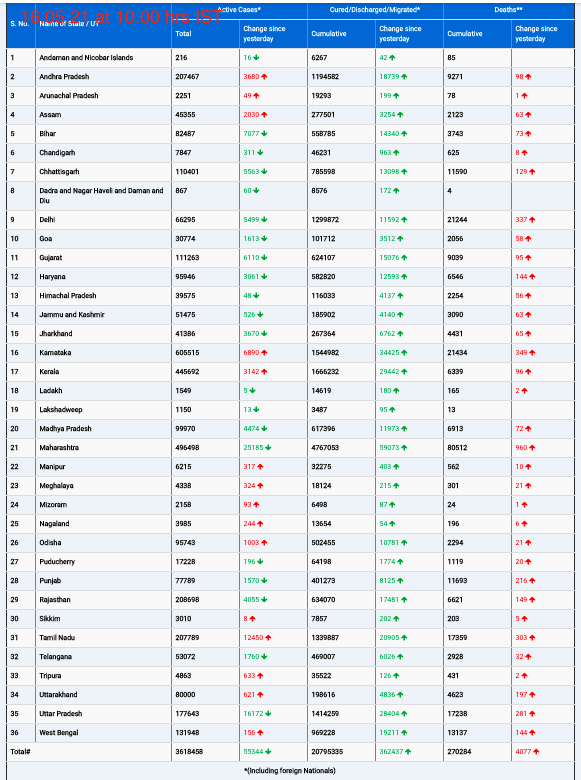A groundbreaking study uncovers how DNA and RNA epigenetics work together, paving the way for advanced cancer therapies.
Brussels, January 17, 2025 – A revolutionary discovery in genetics has revealed that DNA and RNA epigenetics form a complementary system for precise gene regulation, a breakthrough that could transform cancer treatment. Researchers led by François Fuks at the Laboratory of Cancer Epigenetics, ULB Faculty of Medicine, ULB-Cancer Research Center, and Jules Bordet Institute, H.U.B., published their findings in the prestigious journal Cell.
The Role of DNA and RNA Epigenetics
Genes carry the blueprint for life, but their expression must be tightly regulated to ensure proper cell function and development. This regulation occurs through epigenetics, which acts as a set of molecular markers controlling gene activity without altering the DNA or RNA sequences themselves.
Traditionally, DNA and RNA epigenetics have been studied as separate entities, believed to function independently in regulating gene expression. However, the latest research challenges this view, demonstrating that these two systems interact in a dynamic and interdependent manner.
How Dual Epigenetic Markers Function
The study highlights that when DNA and RNA epigenetic markers are added together to a gene, they enhance its activation. Conversely, if one of these regulatory systems malfunctions, gene activity is significantly reduced. This mechanism is particularly crucial in developmental processes, such as embryonic stem cell differentiation and specialization.
The precise coordination of DNA and RNA epigenetic regulation is essential for normal cell function and may hold the key to understanding how dysregulation leads to diseases like cancer.
Implications for Cancer Therapy
This groundbreaking discovery not only deepens our understanding of cellular mechanisms but also offers promising new avenues for medical advancements. The findings suggest that epigenetic therapies targeting both DNA and RNA could be more effective in restoring balance in cancer cells. Researchers are now investigating how such combined approaches might lead to more personalized and effective treatments for cancer patients.
Prof. Fuks and his team are continuing research efforts to explore the clinical applications of their discovery, aiming to develop innovative “epigenetic drugs” that leverage the dual regulatory system to treat various cancers.
Conclusion
By unveiling a new mode of gene control, this study opens unprecedented possibilities in biology and medicine. The complementary nature of DNA and RNA epigenetics offers new hope for more precise and personalized treatments for cancer patients, potentially revolutionizing therapeutic strategies in oncology.
Disclaimer: This article is based on recent scientific findings and is intended for informational purposes only. Further research and clinical trials are necessary before new treatments based on this discovery can be implemented in medical practice.











